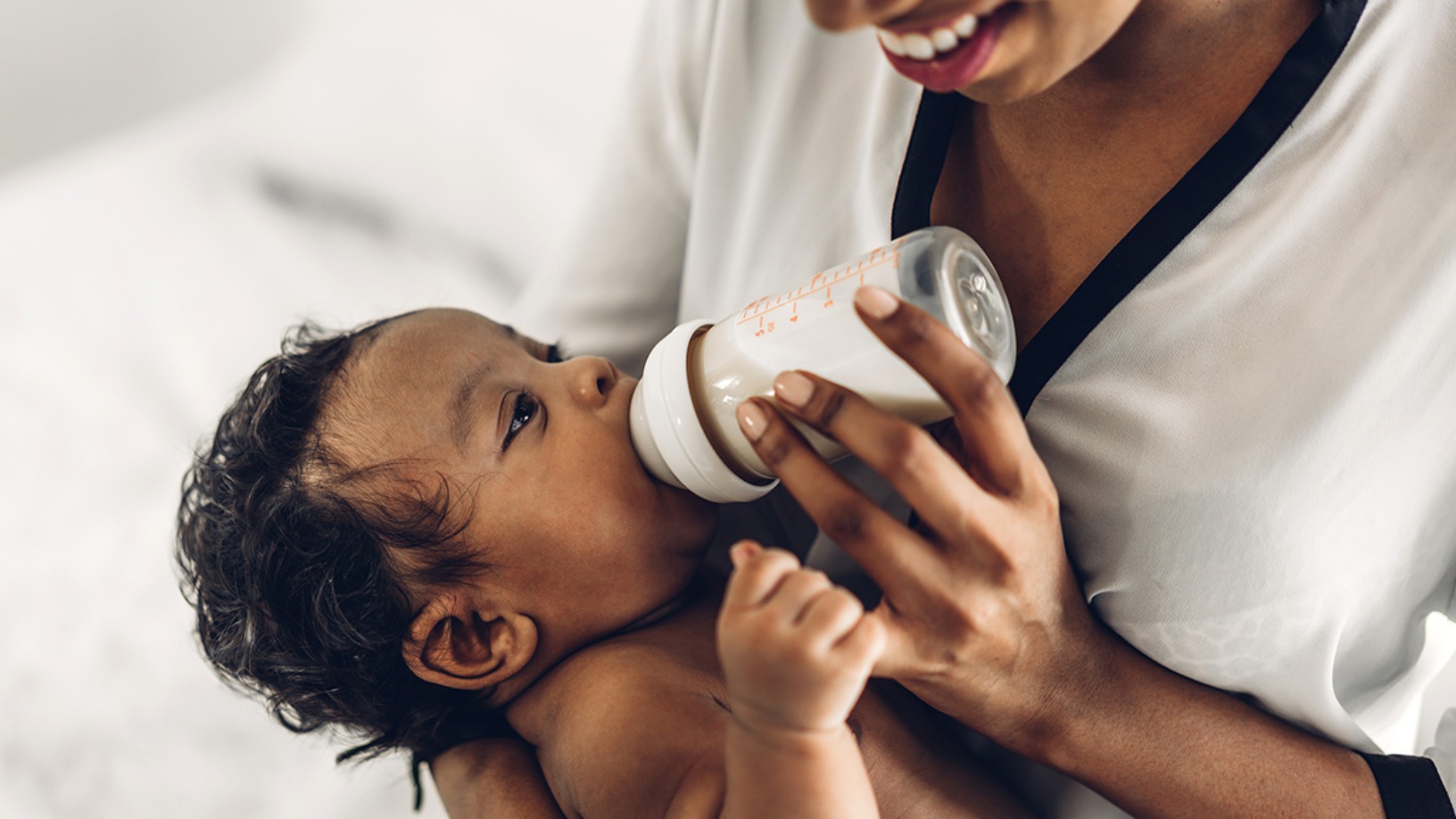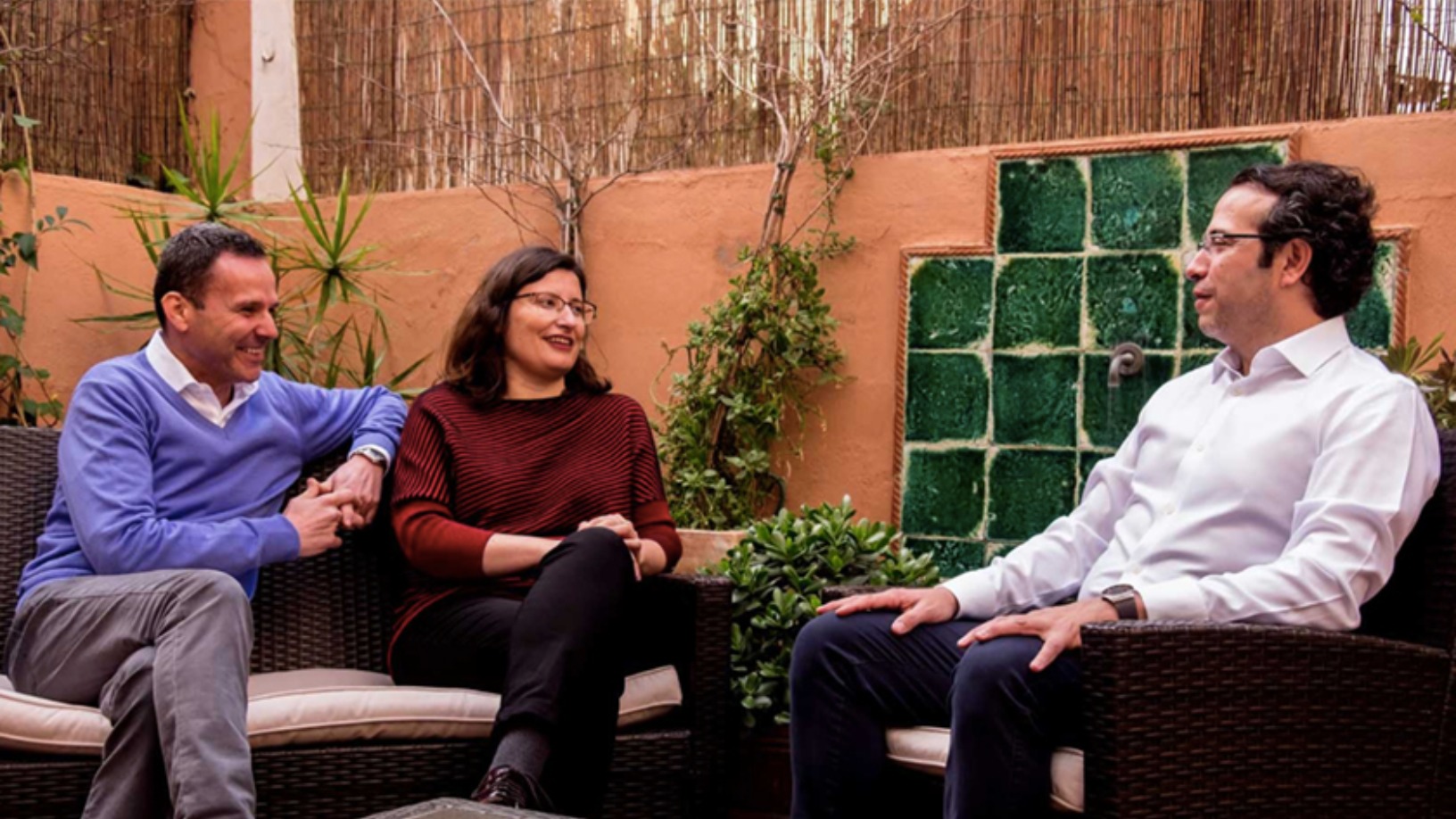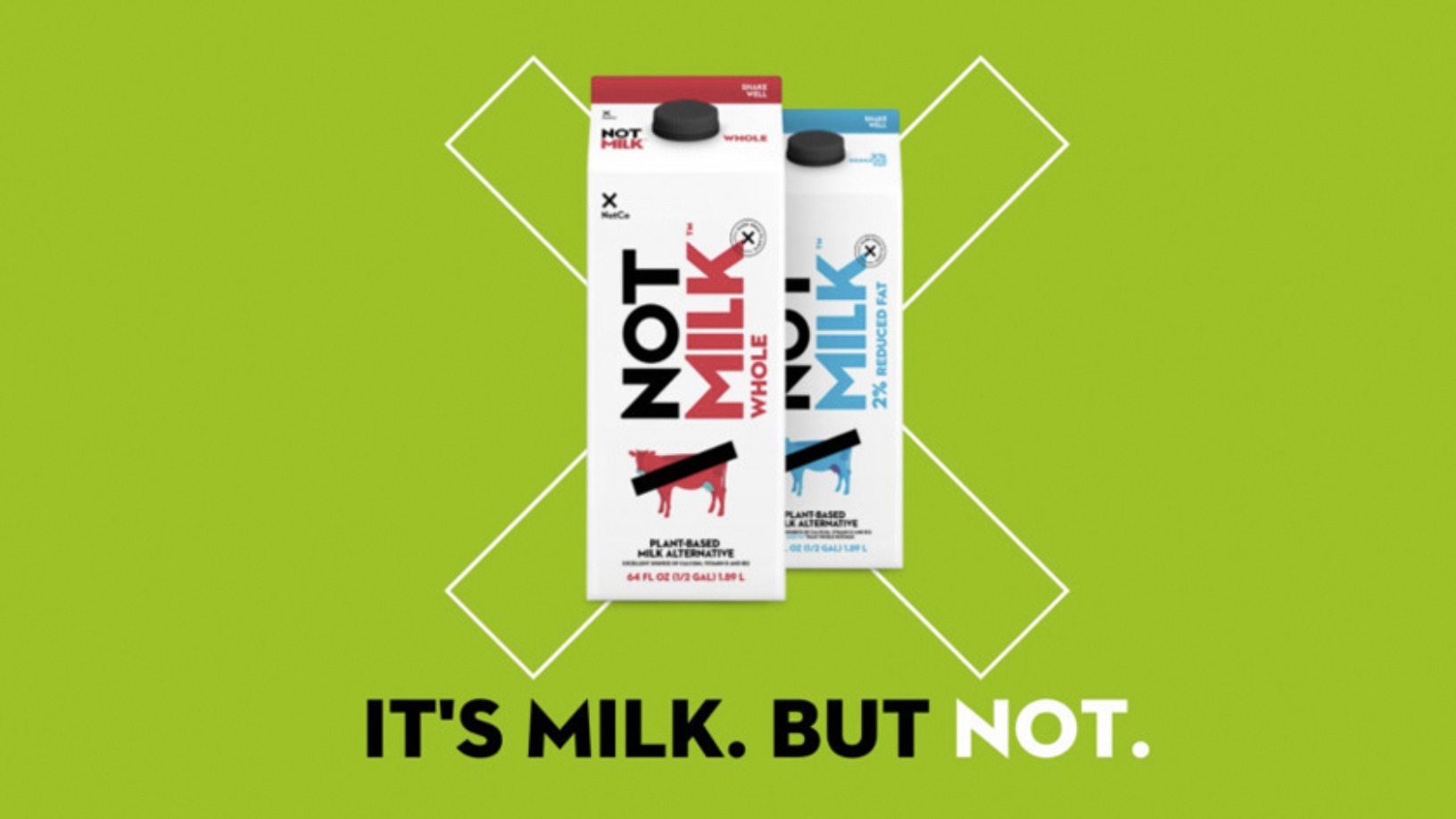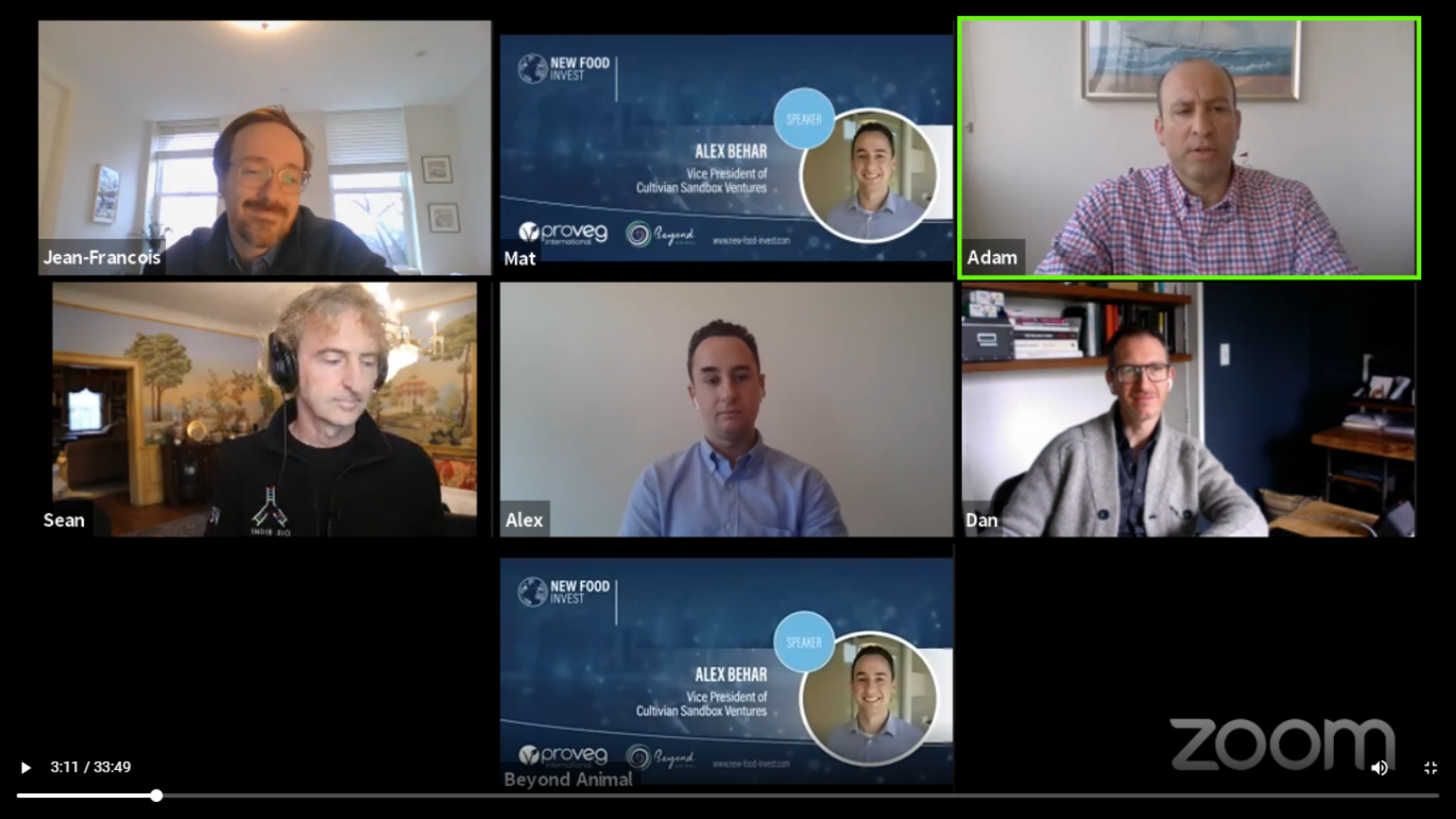Human breast milk is a complex substance containing carbohydrates, protein, fat, vitamins, minerals, digestive enzymes and hormones. Unlike formula, which is largely made from bovine milk, human breast milk is considered ideal to ensure the healthy development of babies’ body and brain functions and immune system.
However, undernutrition causes about 2.7m child deaths every year. With optimal lactation, it is possible to save the lives of more than 820,000 children aged under five. However, for women who are unable to breastfeed, infant formula continues to be the only alternative. According to a 2018 study, 12–15% of women experience disrupted lactation.
US-based startup Biomilq is on a quest to solve this problem with cell-cultured breastmilk that can be nutritionally equivalent to mothers’ milk. In January 2020, the startup’s experiments proved that its lab-grown product, obtained from culturing mammary epithelial cells, generated key components of natural breast milk.
Though the company validated its concept in January, CSO and co-founder Leila Strickland first thought of the idea in 2009 when she was struggling to lactate her newborn son as her body stopped producing milk – a common condition in many women for whom breastfeeding can be problematic or biologically inviable. Inspired by the increasing research on cell-based cultured meat, Strickland, who has a PhD in cell biology, decided to study cow mammary epithelial cells for a solution to replicate breast milk.
In the years that followed Strickland acquired new skills in pharma and biotechnology. In August 2019, when Strickland was still self-funding her research, she met CEO and co-founder Michelle Egger, who had worked as a food scientist in American multinational manufacturer of branded consumer foods General Mills, specializing in dairy-based formula. The pair launched Biomilq later that year.
In June 2020, Biomilq secured a $3.5m Series A funding led by Bill Gates' Breakthrough Energy Ventures. The funding has been used to expand the team to 15 employees and for R&D and product development. The team spent the past year iterating the technology and optimizing production processes to be nutritionally and commercially viable within five years.
Awaiting patent
Unlike its competitor TurtleTree Labs, the Singaporean startup that uses stem cells from donor breast milk, Biomilq uses mammary epithelial cells to create its lab-grown breast milk. It sources the cells from the American Type Culture Collection, a nonprofit organization collecting biological materials for R&D purposes.
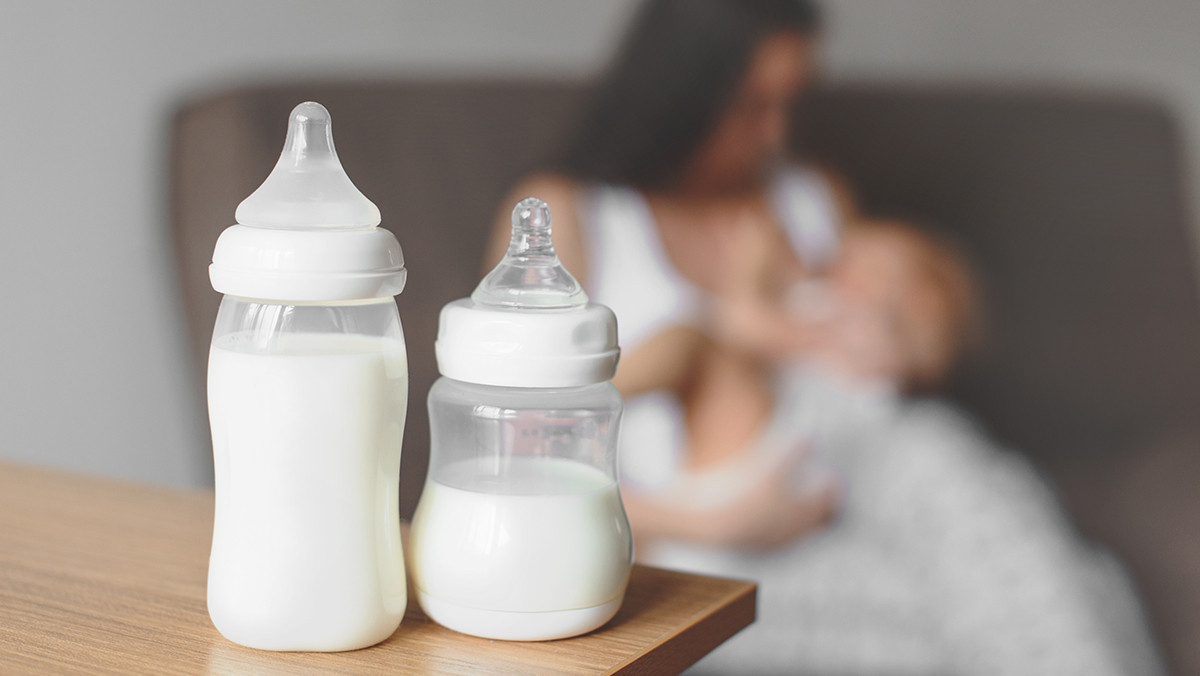
The cells are grown in an animal-free serum and moved into a bioreactor to boost the production of the milky liquid.
"We are not getting intermixing of media and milk, so no downstream purification steps are needed,” explained Egger. According to Biomilq, its experiments show that its product integrates sufficient casein protein and sugar components.
The startup, which is awaiting patent approval, aims to build its own cell line and sell milk directly to customers in the long run. It is now undertaking tests on its product’s full molecular structure to precisely benchmark it against human breast milk. This is also to facilitate discussions on regulatory and other approvals required for its commercial launch.
“We agreed [with investors] to seek out additional regulatory consultation to understand the information we need to approach the FDA,” Egger said. “Our investors understand [we’re in uncharted regulatory territory] and we don’t have all the answers yet. We’re collaborating with our end-consumers to ensure that the product meets their needs,” she added.
More sustainable
Baby formula is intended to be a substitute for human milk but according to food scientist Alan Kelly from University College Cork in Ireland, the two contain mostly the same type of molecules but in significantly different proportions. Formula is also limited in essential fatty acids for babies’ neural and vision development.
In their attempts to mimic the nutritional composition to guarantee babies’ normal physical growth, formula manufacturers add ingredients like palm oil, healthy fats and sugar. These tweaks spike production costs, especially in terms of energy and water consumption, challenging the environmental and financial sustainability of the formula manufacturing process.
According to Biomilq’s estimates, at least 10% of the dairy market globally ends up in infant formula in the US, which results in 5,700 tons of CO2 emissions and 16,277 liters of fresh water needed to feed a child in a year. Biomilq claims to be able to simplify the production process compared to formula by providing a more sustainable and potentially healthier alternative.
However, Strickland admits that Biomilq will never be the same as mothers’ milk as some of human breast milk’s essential properties are formed in the interactions between the mother’s and baby’s bodies, such as the immune system transfer, which can’t be replicated in a laboratory as it is from the mother’s bloodstream and cannot be reproduced from mammary cells.
